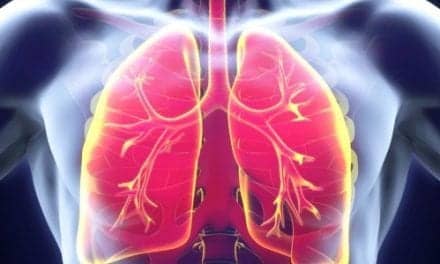On average, Americans spend 90% of their time indoors, so indoor air quality is critical to the health of families. Through the new Healthy and Efficient Homes campaign, the American Lung Association is promoting short- and long-term solutions to improve indoor air quality.
“Indoor air quality” refers to the quality of the air in a home, school, office, or other indoor environment. In indoor environments, the levels of some pollutants are often two to five times higher than outdoor concentrations. Cleaning products, mold and moisture, pests, and even the appliances that people use can all impact air quality.
According to a comprehensive review of existing research, using appliances that burn methane (also known as “natural”) gas, wood, propane, and heating oil can release toxic pollutants such as nitrogen dioxide, benzene, and carbon monoxide in homes. The science also found that the pollutants from these appliances increase the risk of breathing problems, asthma attacks, respiratory infections, and other health harms—especially in children and older adults.
Appliances that use gas, wood, propane, and heating oil also contribute to outdoor air pollution and contribute to climate change.
“Since the COVID-19 pandemic, more people are working from home, which has increased the focus on home indoor air quality. Fortunately, families can take simple steps to protect themselves from indoor air pollution, including ensuring they have a carbon monoxide detector, avoiding unnecessary wood burning in their home, and using a vent hood or opening a window when cooking,” says Harold Wimmer, national president and CEO for the American Lung Association, in a release.
The American Lung Association recommends additional solutions to improve indoor air quality, including increasing the efficiency of new appliances, creating incentive programs to help people who choose to update their appliances, and supporting local actions to prioritize the use of electric appliances for new buildings. With these options, no one will be forced to replace their fuel-burning appliances. Instead, local, state, and federal agencies will work together to make it easier for people to install modern electric appliances if they choose to.
Learn more and get involved at Lung.org/Healthy-Efficient-Homes. For additional information about how to improve indoor air quality, visit Lung.org/Clean-Air.









